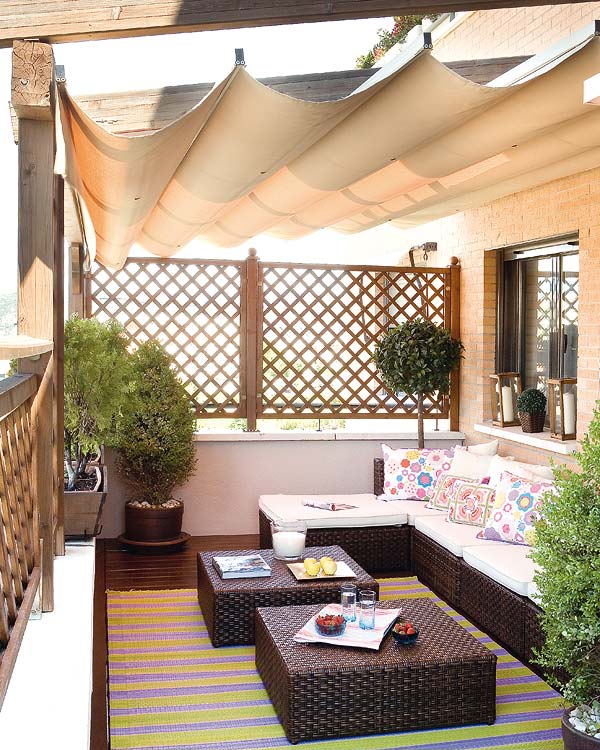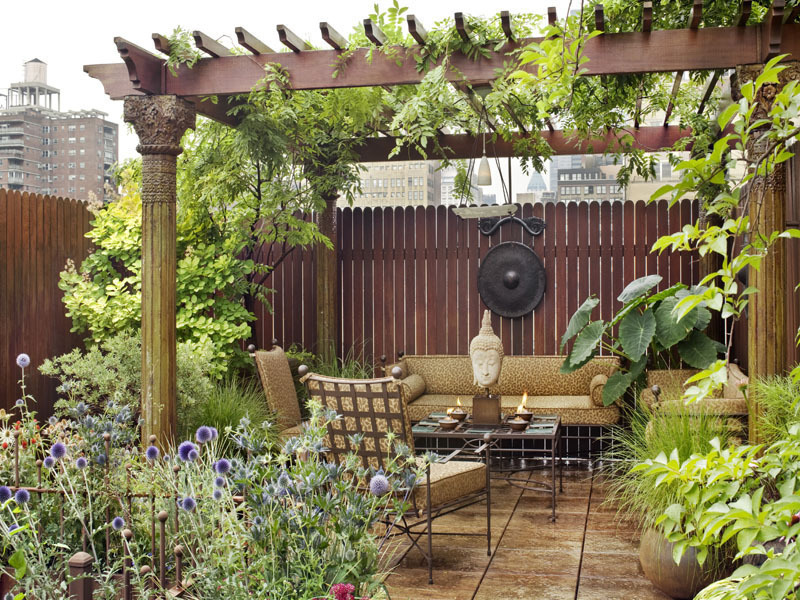Gardening can seem like a burden at times. The number of things to remember may seem overwhelming, but often success is easier than one might think. This article provides some advice to remember as you go about gardening so you can keep focused and achieve the garden of your dreams.
Try planting your plants in flower pots first, then transferring them to your garden once they have had a bit of time to grow. They are more likely to survive the transition to adulthood with this method. In addition, it lets you tighten the time in between plantings. When you remove your mature plants, the next batch of seedlings should be ready.
When planning your home garden, be sure to choose some crops that are typically costly to purchase from your local grocery store. By doing this, you can end up saving yourself a lot of money, sometimes fifty dollars or more every month, depending on the crop. Plus, you are guaranteed to have the freshest vegetables available!
If you like to plant flowers that produce a lot of fragrance, consider planting them close to your house. One reason is that you can enjoy the scent whether you are inside or outside your house. Another reason is that the heat from the walls of your house can intensify the scent from your flowers, making them more fragrant.
Make sure that you prune your trees regularly. Dead wood on trees can attract pests that can infect your trees. Also, when you trim back small branches on a tree, it will increase the airflow between the branches and allow the larger branches to develop more. This will result in a stronger and healthier tree overall.
If you want to make plant markers from objects you have around the home, try using old window blinds. Cutting up your old blinds will let you make markers that are almost identical to the ones you'd buy at a store. They're very durable, and should easily be able to survive bad weather.
In addition to enhancing the appearance of your home with flowers and saving money by growing your own fruits, vegetables and herbs, you now have another reason to take up gardening. Studies have shown that stress and blood pressure levels are significantly reduced when people view nature and plants. Horticulture is a great source of pleasure for many people and the end result is one that can help them live a longer, healthier life.
Make your own compost ahead of time rather than purchasing it. Adding compost to your garden gives your plants a needed boost to grow successfully. Begin saving your grass cuttings, raked up leaves, egg shells, and skin from fruits and vegetables in a sturdy bin 6 months prior to your gardening season. Your compost will then be ready to mix in with your dirt on planting day.
There are many common household items that can be used to good effect in the garden. Try using duct tape to remove aphids from the leaves of infested plants. Wrap the tape around your hand, sticky side out, and press it to the leaves to remove the aphids. A lint roller can be used for this tasks as well.
Make sure you water your garden daily. If you or someone else can't do it every day, you may want to look at setting up a sprinkler system. The convenience of having a sprinkler system outweighs the cost of it. This way your garden will be watered every day.

If you are preparing to move your indoor organic garden outdoors, a great tip is to start preparing your plants one week ahead of time. Move them to a shaded area in your home for a few hours on a warm day. Your aim is to gradually increase your plants' exposure to light. Then, leave them outside overnight at the end of the week. This will ensure your plants survival.
Did you know that cute lady bugs are beneficial to plants because they kill harmful aphids? Lady beetles, also known as ladybugs, eat large numbers of aphids throughout its life. One beetle can eat 5,000 aphids! You can purchase ladybugs at a garden center, or through online resources, if you don't have any in your garden. Plants love ladybugs!
To https://www.facebook.com/AmenagerMaMaison.lapage/info/?tab=overview control weeds in your garden without using chemical herbicides around your organic plants, mulch between rows with bark, clean straw, mulch-covered newspapers, or sawdust from untreated wood. Beware of using anything to mulch or fertilize that might contain seeds that can add more weeds, such as grass clippings or fresh manure.

Indoor plants need an environment that is between 65 and 75 degrees. In order to encourage proper growth, they will need that warmth. If you wish to keep your house cooler than that, you may want to use a heat lamp just for the plants.
Install a fan to blow on your seeds. Make sure your fan is turned on a very low setting. This light touch will help http://photonshouse.com/terrace-decoration-photos.html your plants grow stronger. You can also stroke your plants very lightly with your hand or a piece of paper for a few hours to get the same effect.
Invest in the additional time and effort to create a nourishing compost for your garden. A well-maintained compost can enhance the consistency, structure, and aeration of the soil; it can also improve the soil's ability to drawn in and retain water levels. As an added bonus, compost can also stimulate development of healthier roots.
If your yard's soil isn't as healthy as you want, or has been contaminated in some way, you can still grow organic produce using raised beds. You can use wood, brick or stone for the border. Make sure that it is at least 16 inches high so that there is room for the roots. Fill it with organic soil and compost.
In conclusion, if you wanted to grow your own organic garden, but didn't know much about where to start, you should now have an idea of what it takes to grow one. If you have any more questions as to what to do, there is a ton of information online, just waiting to be read.

